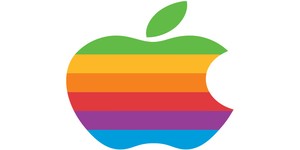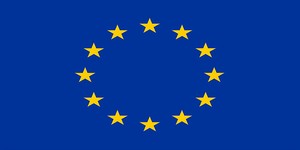
Microsoft has reportedly been issued with a charge for £87 million in back-taxes following an investigation into alleged tax evasion by the Chinese authorities.
The bumper payment was reported this weekend by state-run news outlet Xinhau, and claimed to apply to a strangely-unnamed company identified only by the following hints: its name begins with M, is one of the top 500 global companies, and launched its wholly-owned Chinese subsidiary in Beijing in 1995. Putting two and two together, news agency Reuters was the first to identify the company in question as Microsoft, which it describes as 'the only company that fits that description.'
The Chinese government's investigation into the company has found that it has been avoiding tax for the past few years, to the tune of 840 million yuan (around £87 million) - money it must now pay into the states coffers as back-taxes. Additionally, the company's tax rate has been adjusted to ensure it pays what the government claims is the correct, higher, rate of tax in the future - making it an ongoing drain in Microsoft's resources.
China is frequently seen as a major growth area for western companies, especially those in high technology sectors. While both software and hardware companies suffer from a high rate of piracy and device cloning in the region, its sheer population density and growing desire for electronics products make it a serious target. Microsoft has, however, been having a tough time of it in the region of late: in addition to this tax issue, which has neither been confirmed nor denied by Microsoft, the company is under active investigation for alleged anti-competitive behaviour and has seen the government ban use of its latest Windows 8.1 operating system in favour of a multi-year transition to home-grown software based on the GNU/Linux bundle.
The fine, it must be said, is unlikely to make a dent in the company's financial outlook: in its latest earnings report, the company reported $6.48 billion in global operating income for the quarter - making the back-taxes owed roughly two per cent of that total.
The bumper payment was reported this weekend by state-run news outlet Xinhau, and claimed to apply to a strangely-unnamed company identified only by the following hints: its name begins with M, is one of the top 500 global companies, and launched its wholly-owned Chinese subsidiary in Beijing in 1995. Putting two and two together, news agency Reuters was the first to identify the company in question as Microsoft, which it describes as 'the only company that fits that description.'
The Chinese government's investigation into the company has found that it has been avoiding tax for the past few years, to the tune of 840 million yuan (around £87 million) - money it must now pay into the states coffers as back-taxes. Additionally, the company's tax rate has been adjusted to ensure it pays what the government claims is the correct, higher, rate of tax in the future - making it an ongoing drain in Microsoft's resources.
China is frequently seen as a major growth area for western companies, especially those in high technology sectors. While both software and hardware companies suffer from a high rate of piracy and device cloning in the region, its sheer population density and growing desire for electronics products make it a serious target. Microsoft has, however, been having a tough time of it in the region of late: in addition to this tax issue, which has neither been confirmed nor denied by Microsoft, the company is under active investigation for alleged anti-competitive behaviour and has seen the government ban use of its latest Windows 8.1 operating system in favour of a multi-year transition to home-grown software based on the GNU/Linux bundle.
The fine, it must be said, is unlikely to make a dent in the company's financial outlook: in its latest earnings report, the company reported $6.48 billion in global operating income for the quarter - making the back-taxes owed roughly two per cent of that total.

MSI MPG Velox 100R Chassis Review
October 14 2021 | 15:04








Want to comment? Please log in.